Blog

How long does an OFAC license last and how to extend it?
The duration of an OFAC license depends on its type: General Licenses usually remain valid until officially revoked or amended, while Specific Licenses have a clearly defined period. After this period, continuing activities without license renewal may lead to serious legal conseq Read more »

What types of OFAC licenses exist and how do they differ?
If your business is related to supply, money transfers, and services to countries under U.S. sanctions, knowing OFAC rules is a matter of financial and legal security. The Office of Foreign Assets Control issues two main types of licenses: General License and Specific License. Ma Read more »
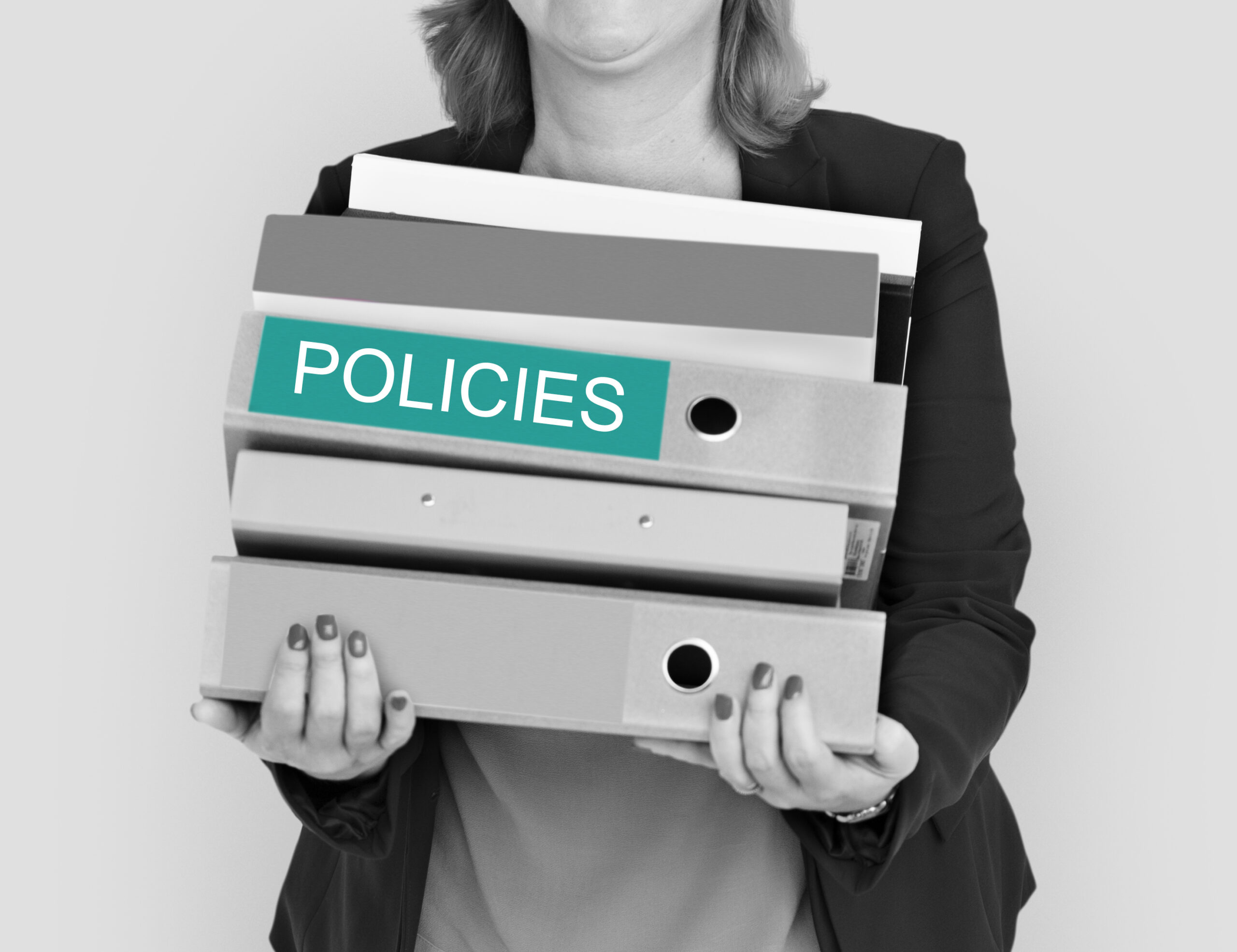
Which sanctions programs require an OFAC license?
If your business is engaged in international transactions, the supply of goods, financial operations, or services, you must comply with OFAC requirements. Many sanctions programs prohibit or restrict interaction with certain countries, companies, and individuals. However, in some Read more »

What Does It Mean to Be on a Sanctions List?
Sanctions lists play an important role in today’s international politics and security. Governments and organizations publish these lists to restrict the activities of those who violate international rules by funding terrorism, supporting aggressive regimes, or abusing human rig Read more »

How to Find and Check the OFSI Sanctions List?
In today’s world, where international ties play a key role, complying with sanctions has become an essential part of business practice. In the UK, the Office of Financial Sanctions Implementation (OFSI) oversees financial sanctions and maintains an up-to-date list of individual Read more »

Global Sanctions and Compliance: Guidance for Businesses and Individuals
In today’s globalized economy, understanding economic sanctions and compliance requirements has become crucial for businesses and individuals alike. Governments and regulatory bodies, such as OFAC, impose sanctions to restrict trade, financial transactions, or other interaction Read more »
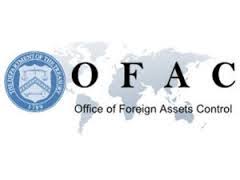
What is OFAC 50 Percent Rule?
Sanctions policy is a crucial tool that countries use to influence international relations, particularly in combating terrorism, human rights violations, and other threats. The primary body regulating sanctions in the USA is the Office of Foreign Assets Control (OFAC). This agenc Read more »
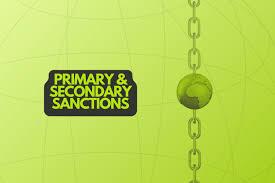
What are Primary And Secondary Sanctions?
Sanctions are a powerful tool of foreign policy, used to limit the economic activity of certain countries, companies, or individuals. The primary body that regulates sanctions in the USA is the Office of Foreign Assets Control (OFAC). It establishes and ensures compliance with sa Read more »
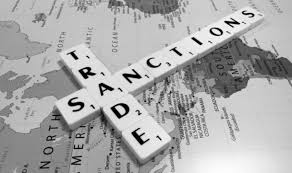
What are Trade Sanctions?
Trade sanctions always attract attention due to their ability to change the balance of power on the international stage. They impact global trade, forcing companies to revise their strategies and nations to forge new alliances. But behind every decision to impose sanctions lie co Read more »
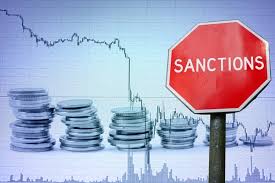
What are Economic Sanctions and How They Work?
Sanctions have become a significant tool in modern politics, influencing economies, markets, and international relations. They are implemented to pressure governments, companies, or individuals, changing their actions or strategies. Economic sanctions hold a special place among s Read more »
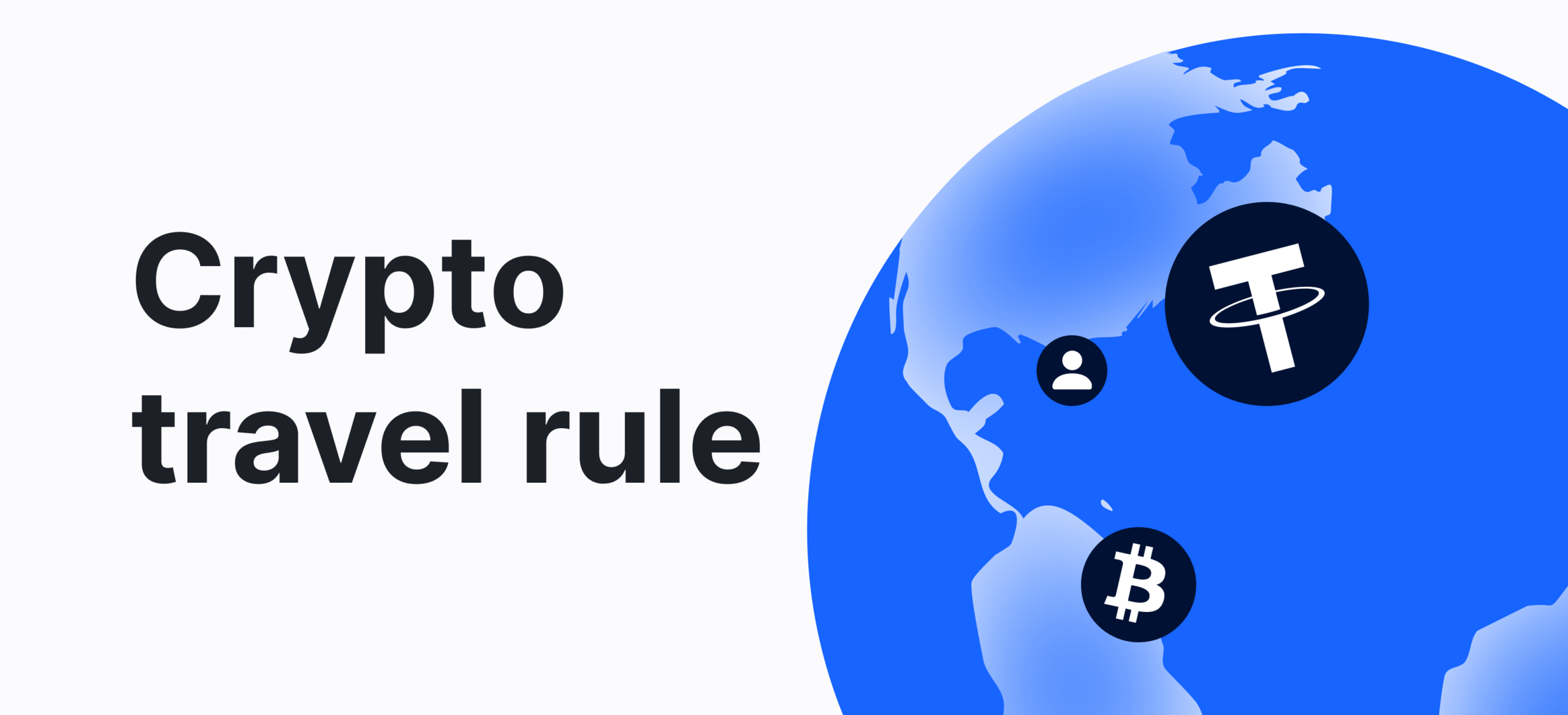
Financial Action Task Force (FATF) Travel Rule: A Complete Guide
With the rapid development of financial technologies and cryptocurrencies, it’s becoming increasingly difficult for governments to regulate digital assets. One of the most significant regulatory initiatives in recent years has been the FATF Travel Rule, aimed to combat mone Read more »
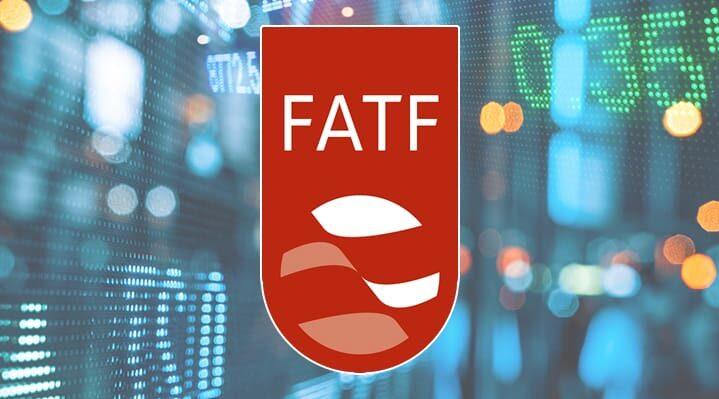
The FATF Grey List and Blacklist: Complete Guide
The Financial Action Task Force (FATF) establishes standards to combat financial crimes, such as money laundering and the terrorist financing. As part of assessing the success of these recommendations, the FATF issues and regularly updates “grey” and “black̶ Read more »

